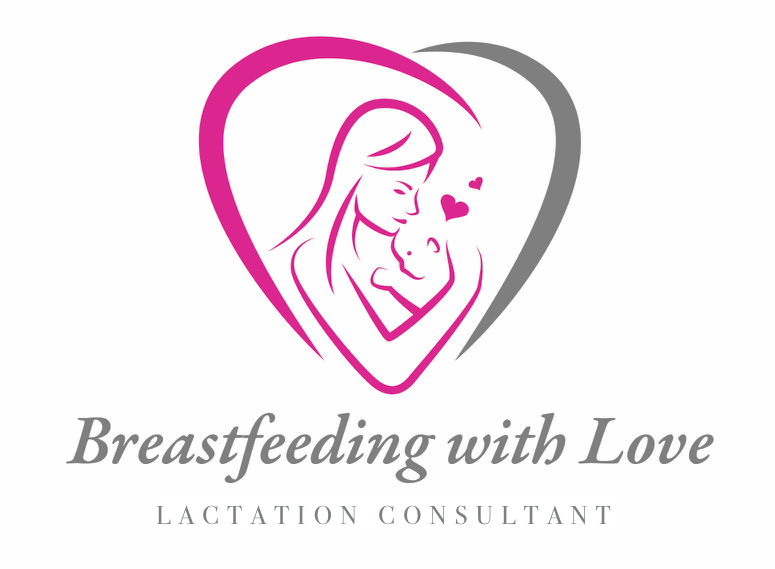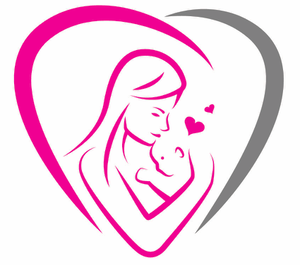Iron, Vitamin D, Calcium and Folic Acid Are Some Essential Nutrients That Every Women Needs While Breastfeeding
I am sending everyone around the world my love. I hope you enjoy this blog.Being healthy is important for both you and your baby. So, are you getting enough good nutrients in your diet while you are breastfeeding?Breastfeeding women needan increased the number of calories and nutrients, in order to maintain a good milk supply. The best way to do this is to maintain a well-balanced diet, which includes getting enough fruits and vegetables, protein, grains, taking your muti-vitamins and limiting your fat intake. The energy and nutritional requirements for women who are breastfeeding are greater than those women who are not. Furthermore, women need approximately 500 extra calories a day. Eating a variety of foods daily helps you get all the nutrients you need.Your body needs carbohydrates, proteins, and fats for energy. In this blog, I will focus on iron rich foods, folic acid, calcium rich foods, and Vitamin D. Iron rich foods such as lean redmeat, kale, spinach, beans, lentils and fortified bread and cereals are good. Iron is important for the production of hemoglobins or red blood cells that carry oxygen. Women need more iron than men. Folic acid can be found in citrus fruits, leafy greens, beans, and peas. It is essential for the development of the nervous system. It also helps build up RNA and DNA, nucleic acids in all living organisms. Breastfeeding moms need to increase their consumption of folic acid. A prenatal vitamin is good for this. Calcium rich foods, such as low-fat or fat-free milk are great while breastfeeding. Yogurt, almonds, dark green leafy vegetables, sardines, and tofu are also good. Calciumis needed to help form new bone cells.Vitamin D helps to activate calcium and keep bones strong. Fish and the sun are good sources of Vitamin D. Use sunscreen when you are out in the sun.In conclusion, eating a variety of foods can help you and your baby gets all the nutrients that you both need while breastfeeding. Make sure you incorporate foods rich in iron, folic acid, Vitamin D and calcium into your daily diets. In addition, many health care professionals recommended a daily prenatal vitamins supplements.If you have any questions about what you are eating or need to eat, talk to your healthcare provider.

